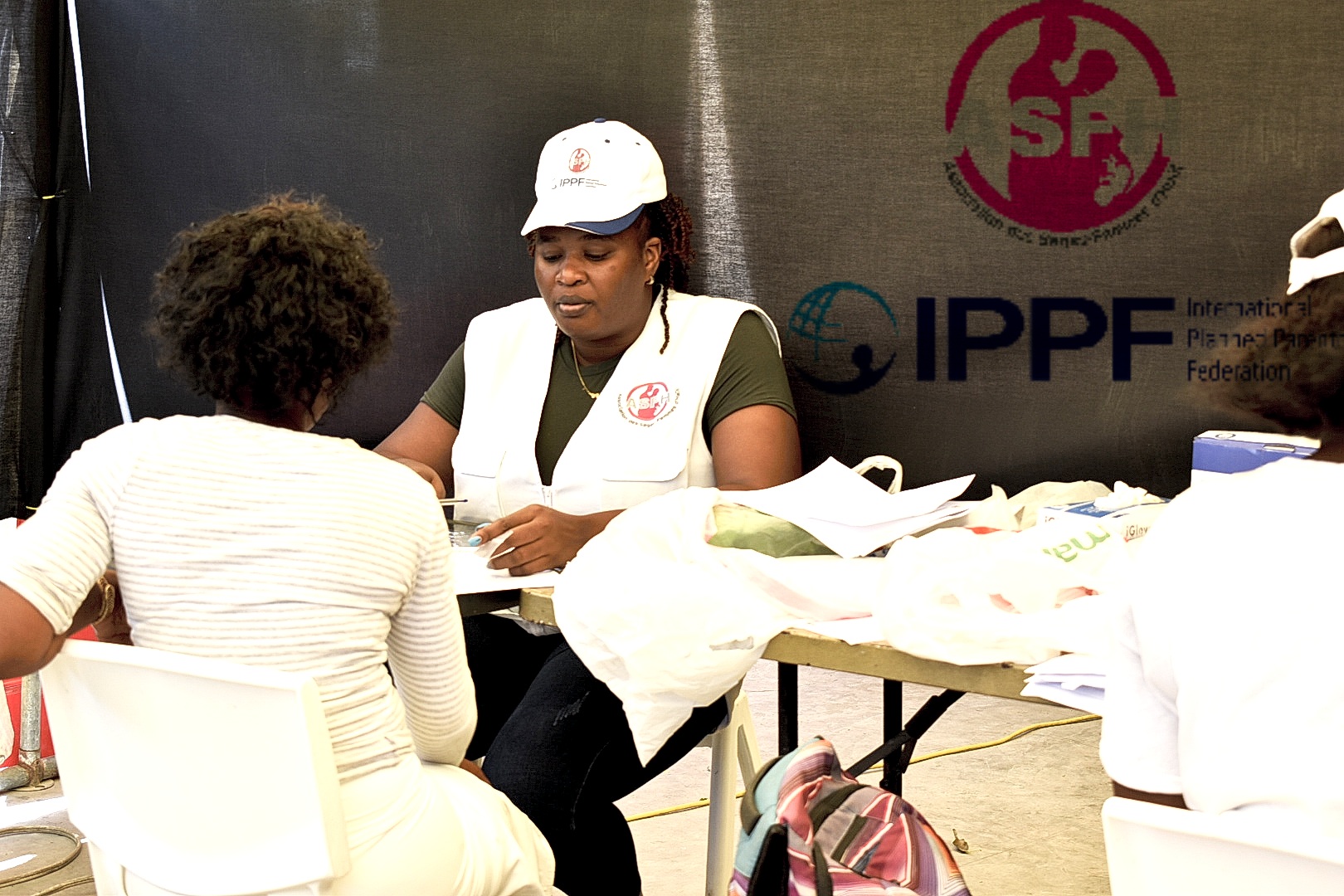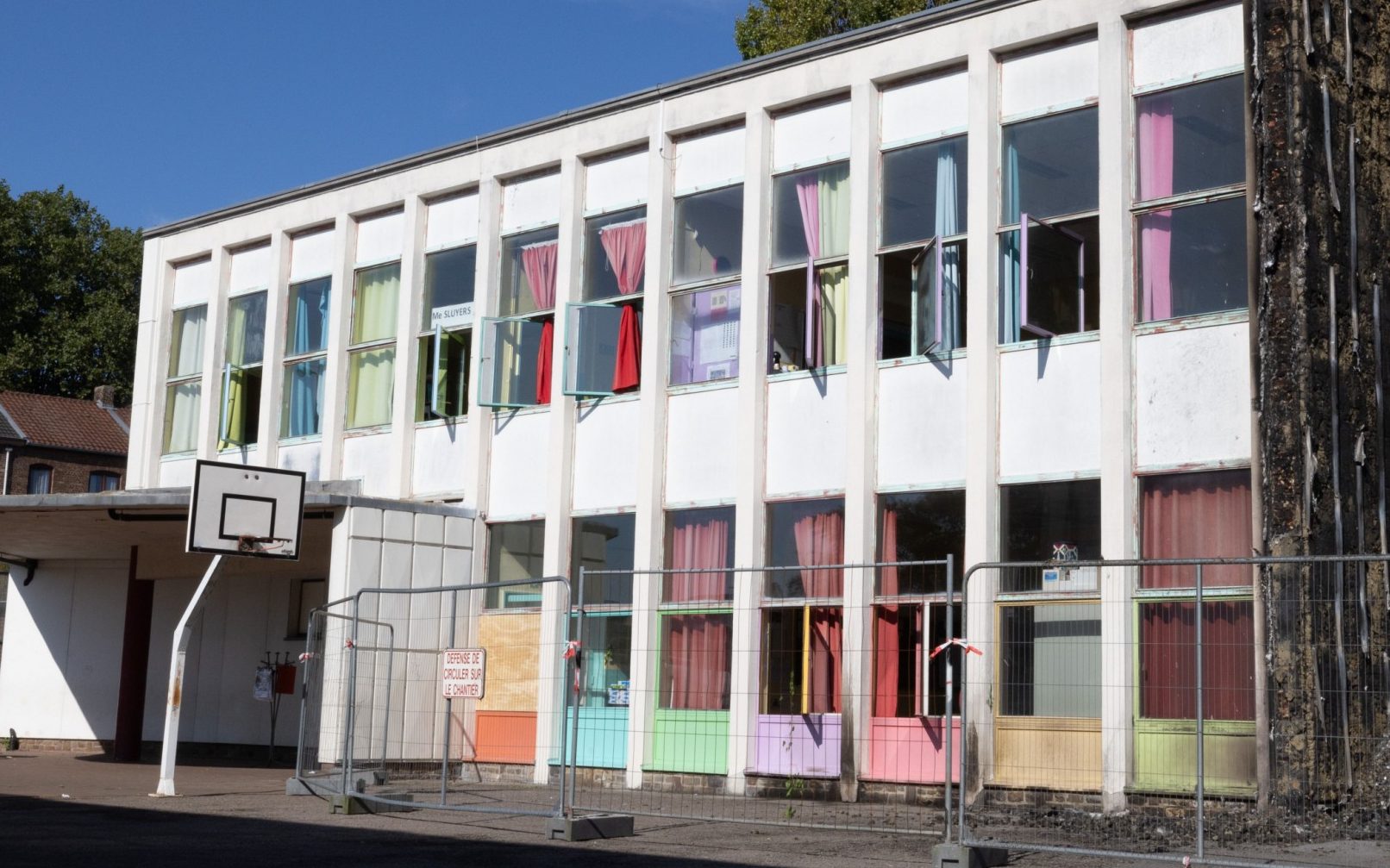Latest press releases
A selection of stories from across the Federation

Netherlands
Rutgers triumphs in landmark court case against lies, online hate and disinformation
Rutgers, the Netherlands’ leading sexual and reproductive health expert and IPPF’s Member Association, has today secured a landmark legal win against an ultra-conservative group.
For media enquiries


| 19 June 2024
IPPF Statement on the Ongoing Violence in Haiti
Haz click aquí para leer este posicionamiento en español The International Planned Parenthood Federation (IPPF) is deeply concerned about the escalating violence and political instability in Haiti, particularly its disproportionate impact on women and girls since March 2024. This crisis is expected to leave 3,000 pregnant women without essential medical care, leading to nearly 450 women experiencing life-threatening childbirth complications. With almost 580,000 Haitians displaced, women and girls are experiencing an alarming surge in sexual and gender-based violence (SGBV), including rampant sexual assaults, torture, and collective rape by armed groups. From January to March 2024, there were 1,793 SGBV incidents reported. Conflict-related insecurity has also significantly increased negative coping mechanisms, contributing to the rise in SGBV, as well as sexually transmitted infections and HIV. The ongoing violence is preventing access to essential sexual and reproductive healthcare services, endangering the lives of mothers and newborns. Our partner in Haiti, the Haiti Midwives Association, informed us, ‘the gangs prohibit the movement of motorcycles and pedestrians, threatening and sometimes shooting in the air to terrorise us further. Due to these difficult conditions, fewer and fewer patients are attending the hospital, whether for prenatal consultations, deliveries or postnatal care.” This inaccessibility has led to a significant increase in maternal and infant mortality. Eugenia López Uribe, Regional Director of the IPPF Americas & the Caribbean, said, “Humanitarian aid must be granted access through local organisations, such as our partner the Haiti Midwives Association, and their wellbeing must be guaranteed in this process. Women and girls can no longer wait! Our partner has provided access to vital emergency services such as pregnancy, childbirth and postpartum care, as well as care after sexual violence for 20 years. However, since February, they have been forced to stop their activities because of the imminent risks they face as women living in Port-au-Prince and surrounding areas.” On this International Day for the Elimination of Sexual Violence in Conflict, IPPF calls for zero tolerance toward any form of SGBV and demands the immediate protection of Haitian women, children, and those most at risk. We strongly call for unhindered humanitarian access to allow aid into Haiti. This aid must be designed and controlled by local NGOs and aid workers, and any foreign peacekeepers must safeguard and protect local communities - in particular their sexual and reproductive rights - so mistakes of the past are not repeated. Let’s not forget: Haiti's poverty and instability has been shaped by decades of foreign occupation and colonialism. The international community owes Haiti more than mere condolences; they owe an unwavering commitment to a future where human rights, including sexual and reproductive health rights are respected and protected, and nobody is left behind.

| 21 September 2023
IPPF Condemns the Arson Attacks on Schools Delivering Sex Education in Belgium
IPPF condemns the multiple school arsons across the French-speaking Wallonia region in Belgium over the past week, which have been connected to public protests against the compulsory “education in relationships, affective and sexual life” (EVRAS) program. These targeted attacks are evidence of a growing movement opposed to Comprehensive Sexuality Education (CSE) curricula, and the duty of states to support and protect children in their sexual development. IPPF is deeply concerned that a small cadre of those with extremist views are targeting schools with violence, which serve as vital safe spaces for children and young people to become educated, empowered citizens. In the face of global misinformation campaigns and attempts to silence the organizations and institutions providing high quality comprehensive sexuality education, IPPF affirms that these programs empower children and young people to protect their health and well-being and support them in developing healthy and positive relationships throughout their lives. Dr. Alvaro Bermejo, IPPF Director General said: “The violent attacks on schools in Belgium are proof of how anti-rights campaigners are multiplying around the world and fuelling divisions by spreading false or misleading information about existing education curricula. We know from decades of research and our own programmatic experience in this area that comprehensive sexuality education helps children and young people to understand and enjoy their sexuality, take responsibility for their own sexual and reproductive health and rights and respect other people’s. We stand with the educators in Belgium who are delivering on a sex education curriculum that promotes children and young people’s rights.” Research shows that parents and young people agree that sexuality education should be offered in schools, and that parents are willing to join these programs, particularly as they help their children to navigate relationships and sexuality amid the complex challenges of the digital era. Many governments around the world, including Belgium, are making sexuality education programs a national priority to protect all children and young people from harm. IPPF stands with the schools and educators delivering this vital education in Belgium and around the world, and we remain committed to providing children and young people with the knowledge to protect and promote their safety, health and wellbeing. For media inquiries, contact [email protected] Banner image: Shutterstock
















